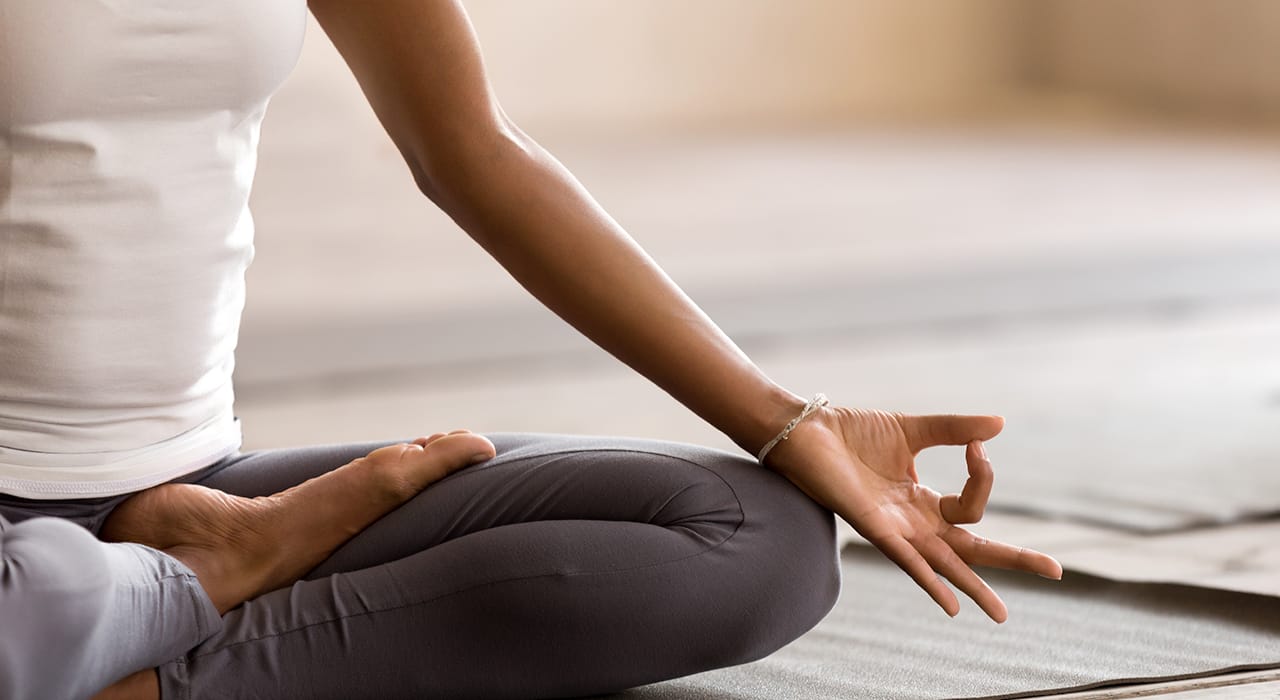There has been a generational shift in attitudes to mental and physical health. Gone is the stiff upper lip of previous cohorts, with taboos replaced by far more public soul searching.
This is having a huge effect on the travel industry. According to Mintel research from October last year: “Prior to Covid-19, British people aged 16 to 34 were already the most likely demographic to have taken a holiday specifically to improve their health or wellbeing. The virus has provided a further boost in their interest in holidays with health and wellness elements.”
Across the pond, and 15 to 21-year-old Gen Zers are equally worried by their mental health. The APA Stress in America report says that Gen Zers there are significantly more likely to report their mental health as fair or poor (27%) in comparison to other generations, including millennials (15%) and Gen Xers (13%).
They are also more likely (37%), along with millennials (35%), to report they have received treatment or therapy from a mental health professional, compared with 26% of Gen Xers, 22% of baby boomers and 15% of older adults.
That this translates into commercial opportunity has not been lost on forward thinking travel businesses. The numbers speak for themselves: According to The Global Wellness Institute, wellness tourism was a $639 billion market in 2017.
Travellers made 830 million international and domestic wellness trips in 2017, representing 17% of all tourism expenditure. International wellness tourists spent more than $1,500 on average per trip – or 53% more than the typical international tourist.
Wellness does have its critics of course. Some suggest that the price tags attached to most getaways are an example of how the sector is only accessible to the most affluent.
From a marketing perspective, and despite an overwhelming surge in popularity in recent years, accessibility to wellness holidays is a key battleground for brands. Managing one’s health shouldn’t feel out of reach to anyone.
Wellness also goes hand in hand with sustainability.
In today’s world, travel itself can be tough on our mental wellbeing. Waking up in the middle of the night for a well priced 6am departure. Debilitating jet lag after a 10-hour flight. Exhaustion, unfortunately, can be a defining factor in the movement from country-to-country by air.
Based on this, it’s no surprise to learn that travellers are seriously beginning to rethink the logistics of travelling from A to B in a less stressful, safe and sustainable way.
In a new world of travel, people are expected to increasingly access wellness and nature retreats by road, train, ferry – or a combination of all three.
According to peer-to-peer RV rental company RVshare, there was a 166 per-cent year-on-year increase in bookings between September and November 2020. Why is this? With travel restrictions forcing people to take domestic holidays, travelling by road (rather than rail or air) is the obvious choice in the viral age, as being in your own vehicle provides the most security. Plus, it gives a wonderful sense of freedom after a prolonged period of being at home.
If travel businesses want to get traction in this market, they need to connect the dots as to what their demographic wants and expects from them. By combining these new strands in traveller-thinking, there is wellness gold in those hills.
For further insights, see our full Amplify Travel & Tourism eBook here.

